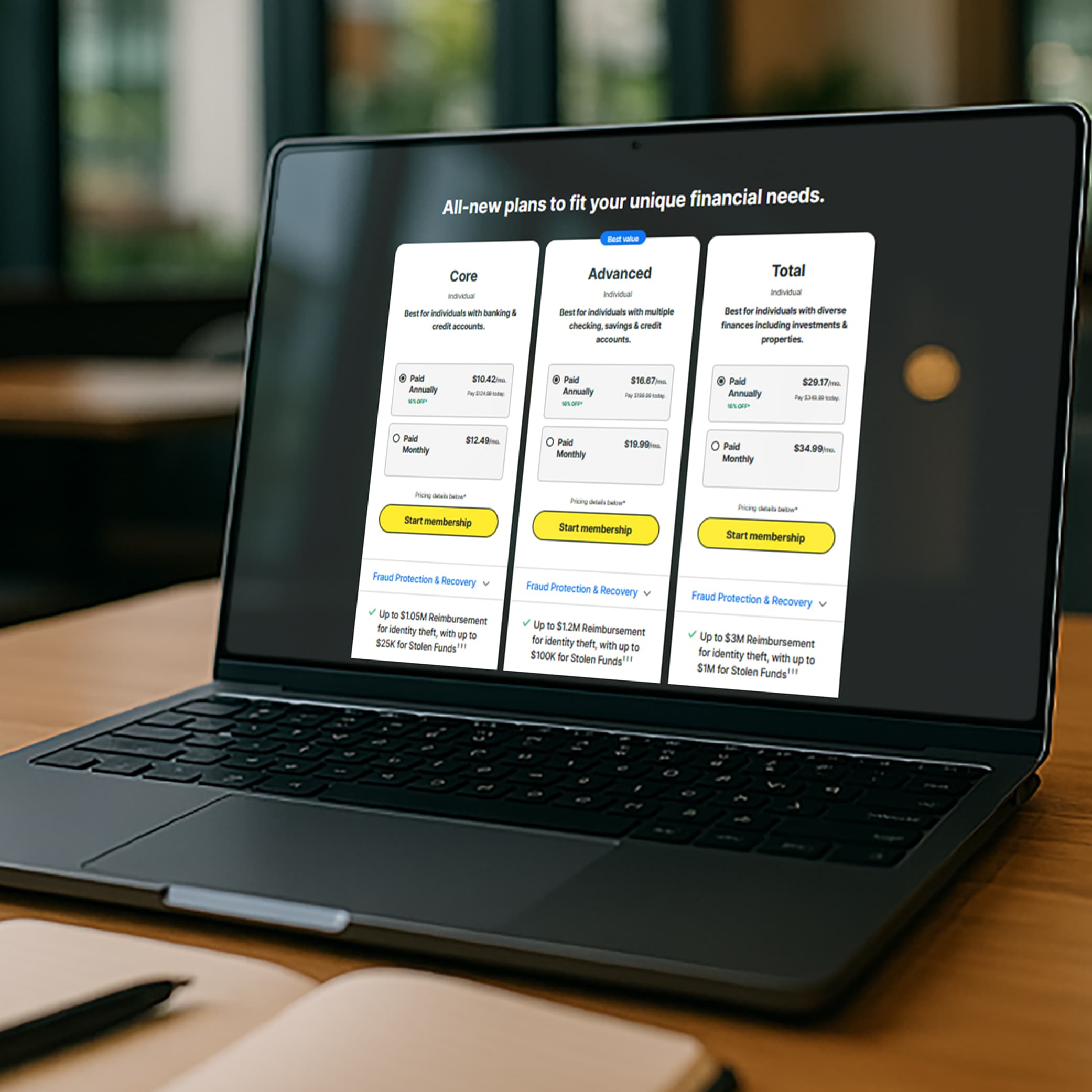The Story of how one woman found herself in debt she didn’t create
Lynn Beattie’s life was turned upside down when a random package she had not ordered arrived at her doorstep. After some digging, she realized an account had been set up in her name where eight items had been ordered. The identity thieves were able to find her name, address and date of birth to aid in stealing her identity
How the scam happened
Identity thieves managed to steal Lynn’s identity by exploiting vulnerabilities in places she least expected it. They pieced together her personal identifiable information from various public sources online and used it to commit fraud in her name.
How they got Lynn’s identity
Lynn’s personal identifiable information was publicly available through various channels—social media, online databases, and even unsecured websites. The identity thieves gathered her name, address and date of birth to open a credit account in her name. They also created a fake phone number and email address. By the time Lynn noticed, the damage was extensive.
"It was really scary,” Lynn recalls. “I did not really know how to unpick it all and how to protect my identity in the future.”
How you can protect yourself from identity theft
Understanding identity fraud is the first step toward protecting yourself. Identity theft occurs when someone uses your personal information—such as your Social Security number, credit card details, or other information—without your permission to commit fraud or other crimes.
Tips to protect your identity:
- Monitor your credit regularly: Keep an eye on your credit reports for any unusual activity.
- Use strong passwords: Create complex passwords and change them regularly.
- Be cautious with your personal identifiable information: Avoid sharing personal information on unsecured websites and social media.
- Secure your devices: Use antivirus software and ensure your devices are protected.
- Shred documents: Properly dispose of any documents containing sensitive information.
Your information can be publicly available through data breaches, social media oversharing, or even public records. It's crucial to be aware of where your information might be exposed and take steps to safeguard it.
Consider using comprehensive identity theft protection services. LifeLock monitors your personal information and alerts you to potential threats, helping you stay one step ahead of identity thieves.
Impact of identity theft
For Lynn, having her identity stolen had more than a financial impact. This experience left her feeling anxious and exposed. This can be seen through Scam Artists—an educational campaign using art to visually demonstrate the emotional impact of cybercrime in collaboration with award-winning psychologist Lee Chambers.
Lynn’s brain activity was monitored when asked to recall the incident. It showed a heightened emotional state that can be seen in the variation of her brain waves, likely linked to feelings of violation in the present to the worries about what this might mean in the future. When presented with cyber protection, Lynn’s neural activity suggested a return to relaxation and psychological wellbeing.
Resolution: Lynn’s path to recovery
Despite the daunting experience, Lynn was able to recover from the identity theft ordeal. With the help of a dedicated identity theft protection service, she managed to clear her name and restore her financial stability. However, the emotional toll was significant. Victims of identity theft often experience stress, anxiety, and a sense of violation, with a surprising number of people unaware of how prevalent and severe identity theft can be.
Don’t be alone if this happens to you
Protect yourself by following the tips mentioned above and staying vigilant. Remember, identity theft can happen to anyone, but by taking proactive steps, you can reduce your risk. For added peace of mind, LifeLock can help.
Editor’s note: Our articles provide educational information. LifeLock offerings may not cover or protect against every type of crime, fraud, or threat we write about.
Start your protection,
enroll in minutes.
LifeLock is part of Gen – a global company with a family of trusted brands.
Copyright © 2026 Gen Digital Inc. All rights reserved. Gen trademarks or registered trademarks are property of Gen Digital Inc. or its affiliates. Firefox is a trademark of Mozilla Foundation. Android, Google Chrome, Google Play and the Google Play logo are trademarks of Google, LLC. Mac, iPhone, iPad, Apple and the Apple logo are trademarks of Apple Inc., registered in the U.S. and other countries. App Store is a service mark of Apple Inc. Alexa and all related logos are trademarks of Amazon.com, Inc. or its affiliates. Microsoft and the Window logo are trademarks of Microsoft Corporation in the U.S. and other countries. The Android robot is reproduced or modified from work created and shared by Google and used according to terms described in the Creative Commons 3.0 Attribution License. Other names may be trademarks of their respective owners.





